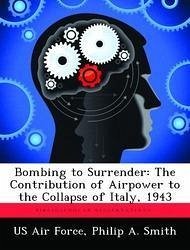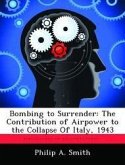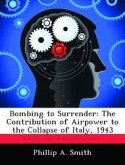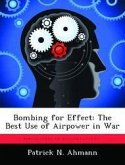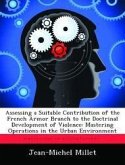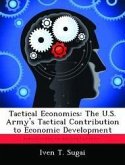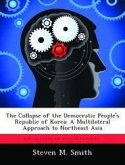Major Smith examines the contribution of airpower to the 1943 collapse of Italy. His study is largely about competing airpower strategies during World War II. He presents his own view of this 50-year-old debate. Major Smith does not offer another absolute ruling, nor does he represent a bias toward one form of employing airpower over another, but his study attempts to document an important exception to the most current panacea target. He cites several broad works-Robert A. Pape's Bombing to Win: Airpower and Coercion in War, the United States Bombing Survey Reports, Ernest R. May's "Lessons" of the Past: The Use and Misuse of History in American Foreign Policy, and Frederick William Deakin's The Brutal Friendship: Mussolini, Hitler, and the Fall of Italian Fascism-to identify examples where the psychological effects of airpower outweighed the physical damage caused by bombing.

